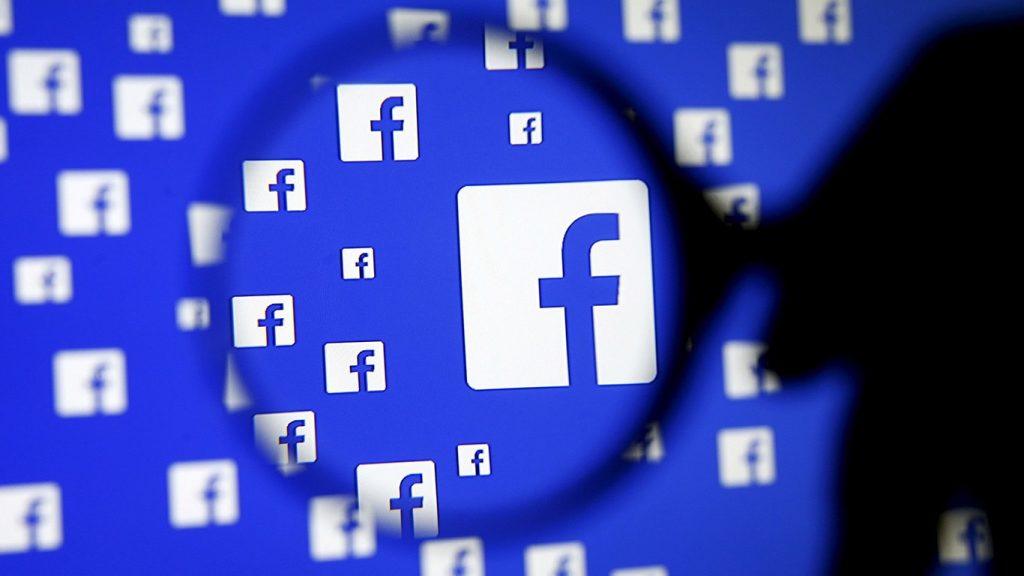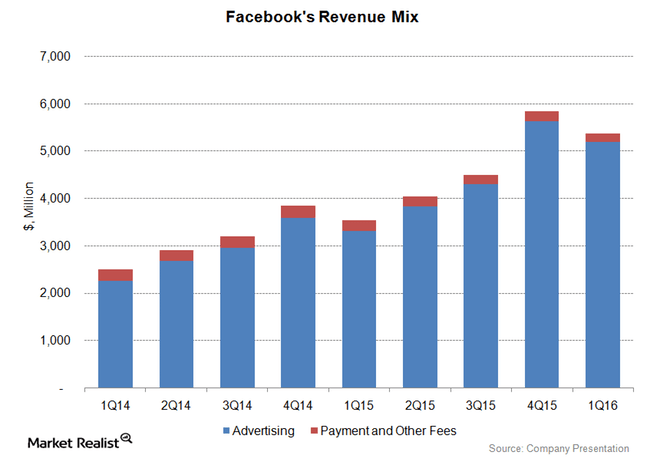
Facebook is a social media network that was said to have around 1.9 million monthly active users as of 2017. The number grew to about 2.96 billion by the third quarter of 2022, meaning it remains the social media with the most users in the world. It was founded in February 2004 in Cambridge, Massachusetts, United States by a team including Mark Zuckerberg who is the CEO of Facebook as of late 2022. The other team members include Eduardo Saverin, Andrew McCollum, Dustin Moskovitz, and Chris Hughes. Within merely a decade and a little more, the company grew to be the most used social media platform on the internet. Let’s dig deeper into the history and functionality of the social media giant.
Facebook: the Story

We all know that Mark and his friends studied at Harvard. The whole story started when Mark and his friends developed a website named Facemash set up as a type of “hot or not” game. Initially, Facebook’s predecessor, Facemash only allowed members of Harvard students to join. Later, they expanded the support to all universities in the Boston area. The website got thousands of members in no time which taught them the possibilities of a social interaction website. But unfortunately, the website was auctioned by a company.
There started the coding process of Facebook which was called ‘TheFacebook’ by Mark. It was inspired by the Facemash which got great attention among universities. TheFacebook was set up on a domain name thefacebook.com.
Within the first month, the team made almost half of the entire Harvard students register on the website. It was an addition to thousands of other registrants all over the globe. When ‘The’ in the domain name felt uncomfortable with the easiness of the website, they put it down by buying facebook.com for $200,000 in 2005. It was an excellent move in the journey of the social media giant, Facebook.
Later on October 1, 2005, Facebook expanded to twenty-one universities in the United Kingdom alongside many others throughout the globe. The expansion of the company continued by hiring more staff members and opening new work areas in different countries. As of 2007, Facebook had 100,000 business pages, allowing businesses to attract customers by setting up their company pages. In the long run, many cases were filed against the company by numerous giants in the field including Yahoo! But overcoming all the barriers, Facebook became as we see it today with more than a Billion users.
Revenue of the Social Media Giant
For your reference, here is a revenue graph of Facebook over the years.

To add some relevant numbers to the Facebook statistics, according to market research, Facebook had revenue of $117.9 billion in 2021, of which roughly $60 billion was from the Facebook application. Funnily enough, they made only $39.3 billion in profit that year. Moreover, stats show approximately $40.5 billion in revenue was from the United States and Canada, while only 10% of its user base that year was located there. The official reports from the second quarter of 2022 show revenue of $28,822 billion and 2.88 billion daily active users and 3.65 billion monthly active users.
Facebook Features
So far, Facebook has made numerous additions to its features. Here we listed some of the most noticeable features that Facebook currently has.
- Facebook Pages – Allows creating Facebook pages for businesses or celebrities to reach a wider audience.
- Facebook Groups – For Facebook members to interact with each other by joining a certain area on Facebook.
- Facebook Events – To conduct events based on the interests of people and track participation.
- Facebook Presence technology – The system which allows users to see who is online and can chat with you at a certain time.
- Facebook Marketplace – Allows advertising for businesses and people to reach a wider audience with ease.
- Facebook Messenger – Lets users send direct messages and join groups. Businesses can utilize Messenger to provide Customer Service.
There are numerous other features too. But it is difficult to list each, so we mentioned the most recognized features of Facebook.
How Does Facebook Work?
The answer to the question of how Facebook works is simple. Create a Facebook account, verify and add genuine personal details, and start sharing your thoughts with the internet world. You could share almost anything using your FB account. Photos, videos, files, short and long texts, links, and so forth are all shareable using your Facebook account. Unsurprisingly, a lot of processes happen in the background while you’re doing some front-end posting. But it is very complicated to understand. It is a network that connects people by creating barriers outside each friend zone.
The barriers can be widened by creating Pages on Facebook (or Groups) that connect and collect people with similar interests and let them share information with their members. The information shared on Facebook could be controlled by setting certain privacy options. For example, when sharing a personal photo on Facebook, you could decide whether it is accessible by your Friends only or by everyone on Facebook. This also allows having complete control over your details like phone number, address, interests, schools, workplace, and so forth.
Facebook pages and groups let businesses and celebrities build a fan base inside the Facebook system which became very common these days. For example, check the Tech Quintal Facebook page out. As you can see, people could like our page, find out the basic info about Tech Quintal, message us, or even visit the website directly from the page. So, Facebook pages have a huge impact on the popularity of a brand when used correctly.
Why Facebook is Important
Wondering about the reason Facebook is important is a good question. You might have heard a lot of pros and cons of the internet as well as Facebook. As you already know, connections are always important in human life. To get people connected, the social media platforms such as Facebook, Twitter, and Instagram put forward a futurist idea of sharing them over the internet. Instead of knowing and spending the entire life within a certain locality or area, top social media websites open a wide world of possibilities. People can connect, share, and explore information shared by billions of people like us.
But, yes, we admit that there are some problems with the excess usage of Facebook and getting obsessed with the virtual world of likes and shares. We covered the advantages and disadvantages of Facebook to provide the upsides and downsides of this website. But, if we put cons aside, Facebook is a great opportunity for the world population to get to know each other in an easier, more convenient, and more effective manner. For instance, you can livestream on Facebook, which is an activity that grew thanks to YouTube and Twitch. So, the impact of Facebook is not small in this era, and it can do wonders.
Transition to Meta in 2021
Although Facebook remains accessible and known as that, CEO Mark Zuckerberg rebranded the Facebook company to Meta at the Connect 2021 event on October 28, 2021, and joined it with Instagram. Nothing changed immediately, but Mark promised that Facebook would transform from a simple social media network to an elevated version called the metaverse. It promised to enhance user communication by mandating the use of VR (Virtual Reality) headsets. It would let users join a virtual world and interact with it alongside their friends.
Sadly, a year later, the stock shares plummeted, and the company reported massive (but announced and planned) revenue drops. Not only did they lose $9.4 billion between January and September 2022, but the loss is predicted to increase drastically in 2023. The intended app, Horizon Worlds, which would potentially integrate Facebook, was ridiculed for low graphics and lack of a user base. We plan to cover the topic separately since it goes beyond the name.
Now that’s all the article on what is Facebook and the meaning of the word. We will be covering more topics on the same to let you explore more and more about social media and its parts. , stay tuned to our articles, and feel free to share your thoughts and ideas with us.